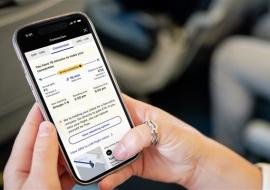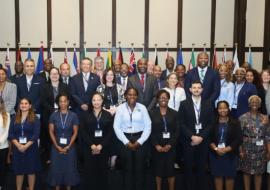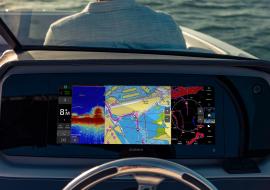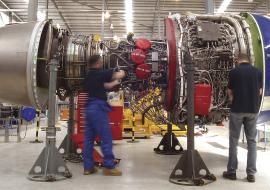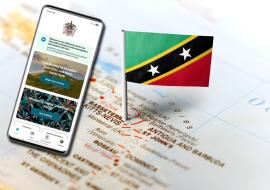The Travel Industry Has What it Takes to Cash in on the Metaverse
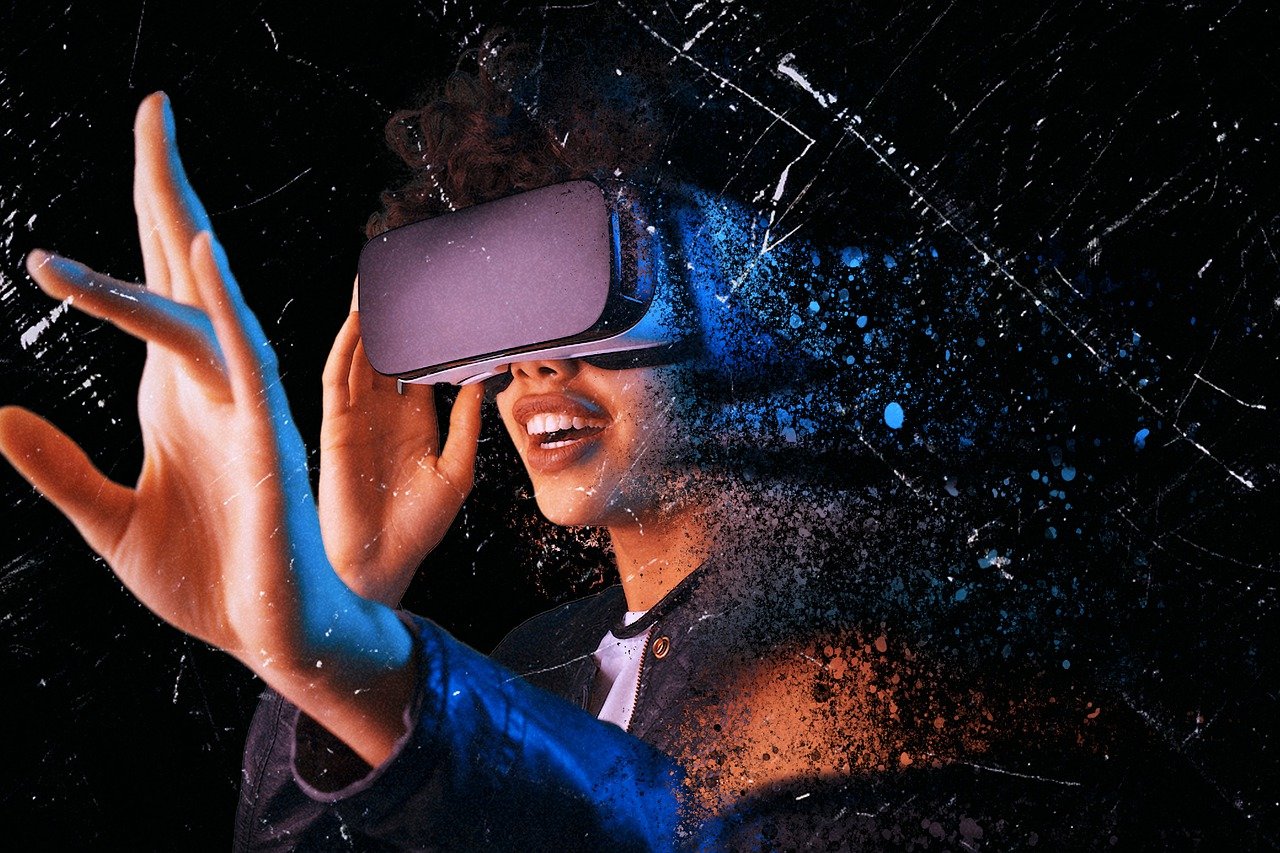
History tends to repeat itself, particularly in the travel industry. We resist or fear change, predicting the end to life in the sector as we know it; then we adapt; we survive; and the learning process is then, somehow, erased from our memory.
For example, do you remember two decades ago when, as the World Wide Web became omnipresent, Online Travel Agencies (OTAs) were predicted to replace all traditional travel agents? Yet today, they co-exist successfully, and if anything, since the pandemic, the human touch and a personalised service has become even more desirable than pre-www.
Today, amid the Fourth Industrial Revolution (4IR), characterised by rapid digitalisation and accelerated innovation, you can smell the fear. Will robots replace hotel staff? Will people holiday in the metaverse? Will AI take our jobs?
The answers are most definitely no, no and no. New technologies will help not hinder and if robots do step into basic roles, other jobs will be created. It’s just time for a recalibration, that’s all.
Virtual tourism is an experience that enables individuals to explore new locations without having to actually travel to them. It combines aspects of virtual reality with tourism principles and incorporates a range of immersive experiences that involve devices ranging from mobile phones to VR headsets, in other words, the metaverse.
The scope to use the metaverse to market destinations and products is huge. Rather than replace the experience of travel, it whets the appetite, selling, quite literally, ‘the dream’ or the aspiration, and as the blog points out, it’s a marketing tool to take seriously.
Travel agencies, for example, can partner with hotels, tourism boards and experience providers to offer virtual tours of accommodation, destinations, attractions and more. By connecting potential or clients to these places, it’s a new source of travel inspiration.
Knowledge platform Revfine, notes how the metaverse can enhance the booking experience, offering a level of engagement a website just can’t provide.
Experiencing a place in the metaverse can also boost bookings. For example, Thomas Cook’s VR excursions of Manhattan, offering visitors to their stores a taster of the city, led to a 190% increase in related bookings.
Many organisations are also providing virtual 3D versions of real-life spaces and locations. For example, you can now explore the Louvre Museum in Paris in VR. Virtual visitors can view exhibitions, enjoy concerts, or even meet friends for a virtual stroll around the museum.
The travel sector can leverage this technology in many ways, not only using it to sell destinations and tours to customers planning to visit in person, but perhaps, to collate destination experiences and package them for people who are unable to travel overseas – it’s untapping an entirely new market.
Source: Breaking Travel News







